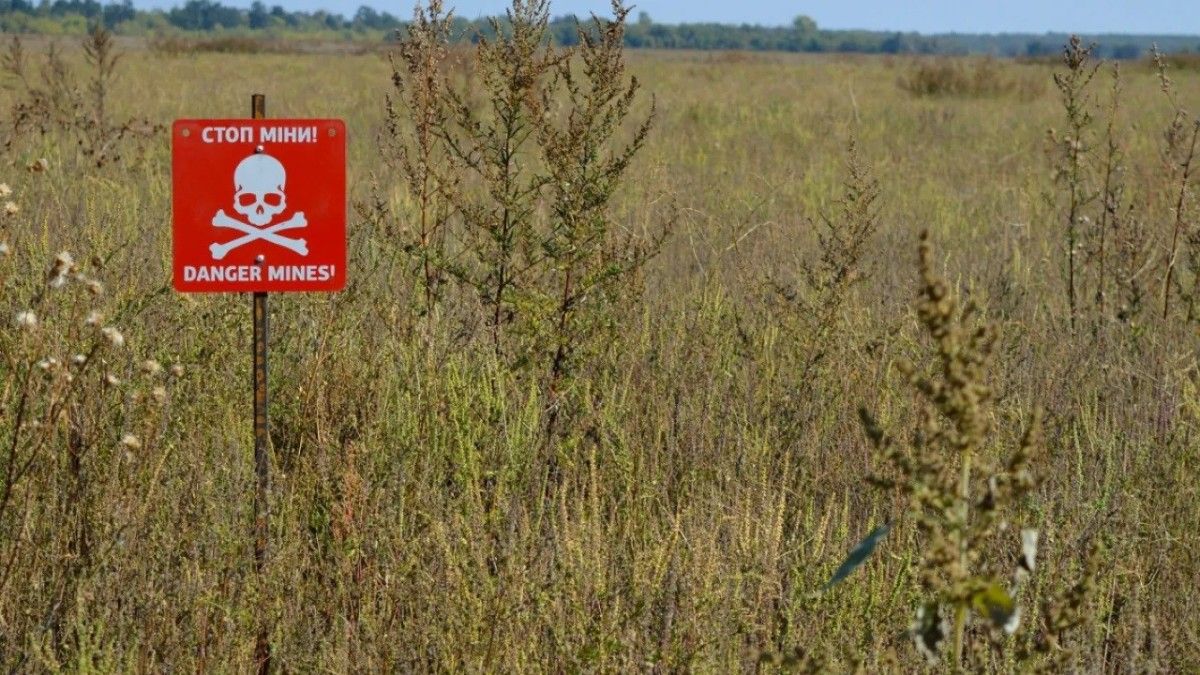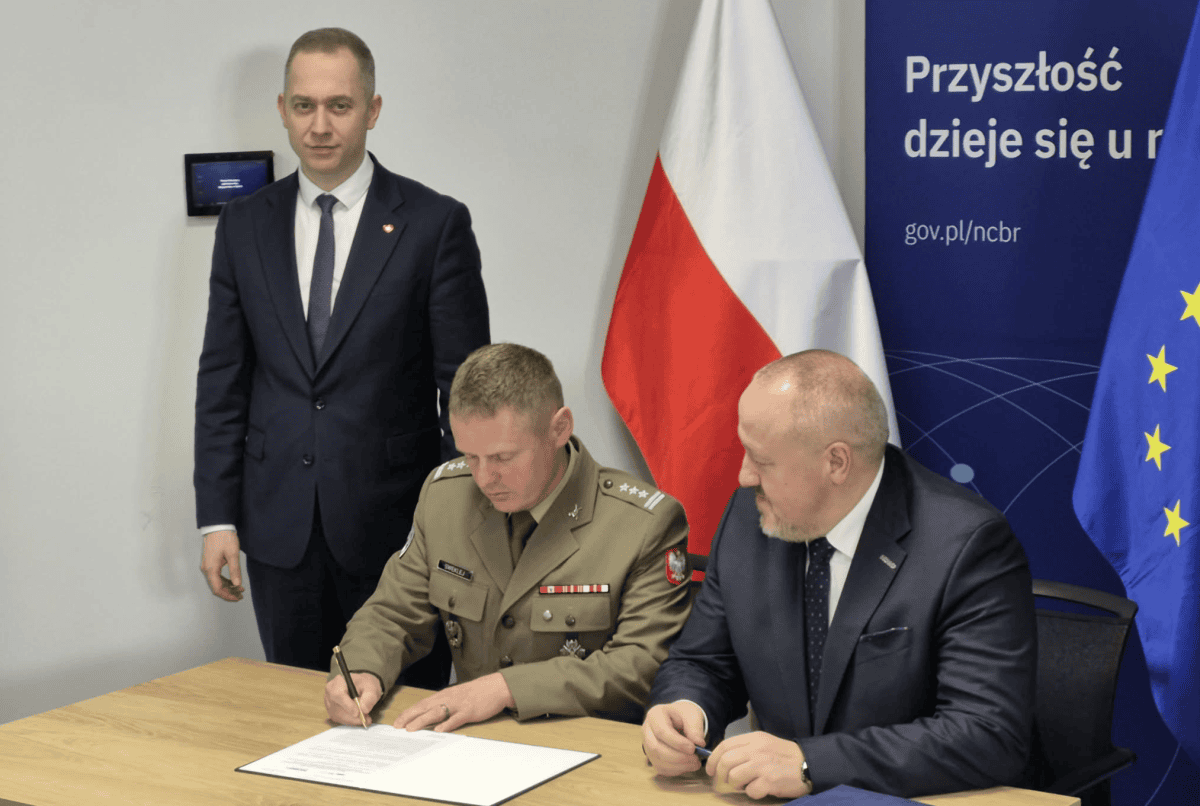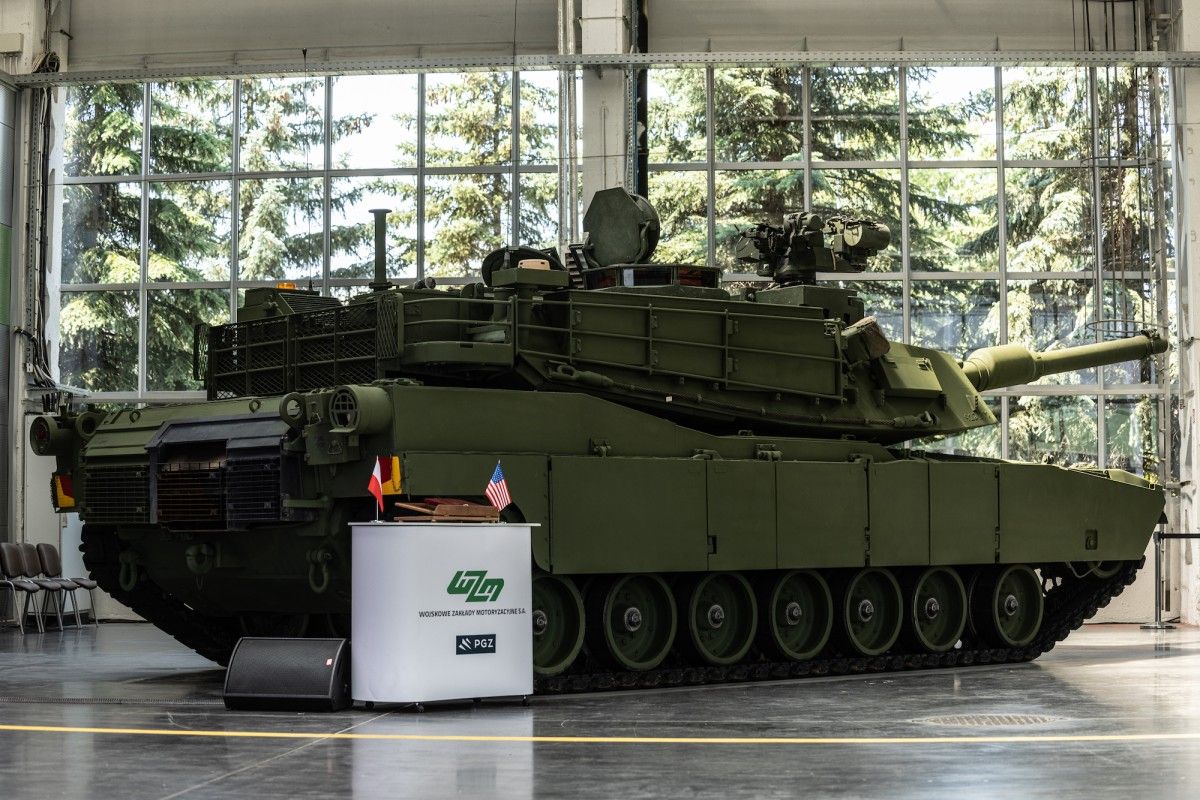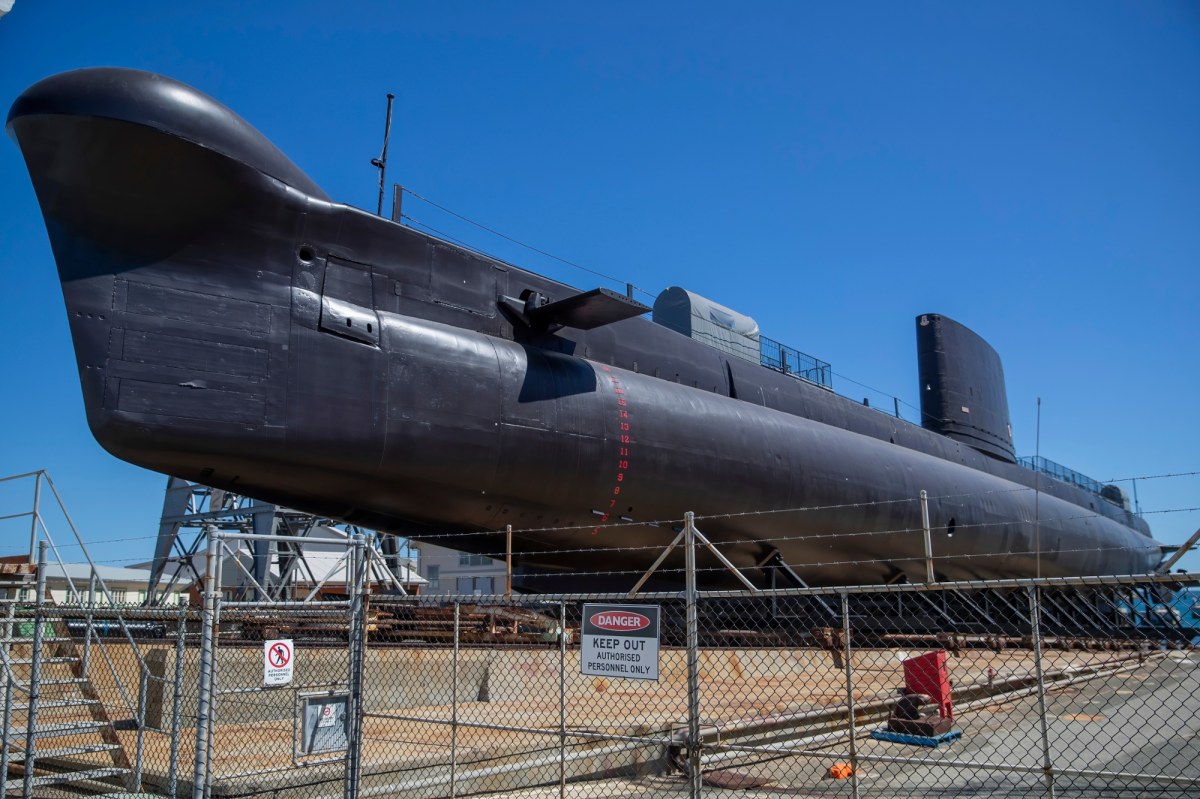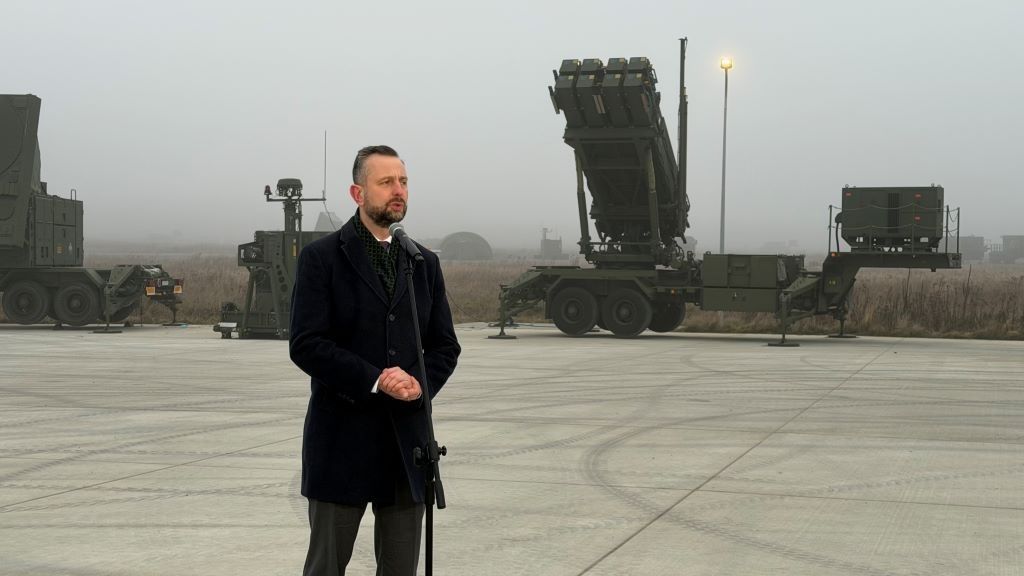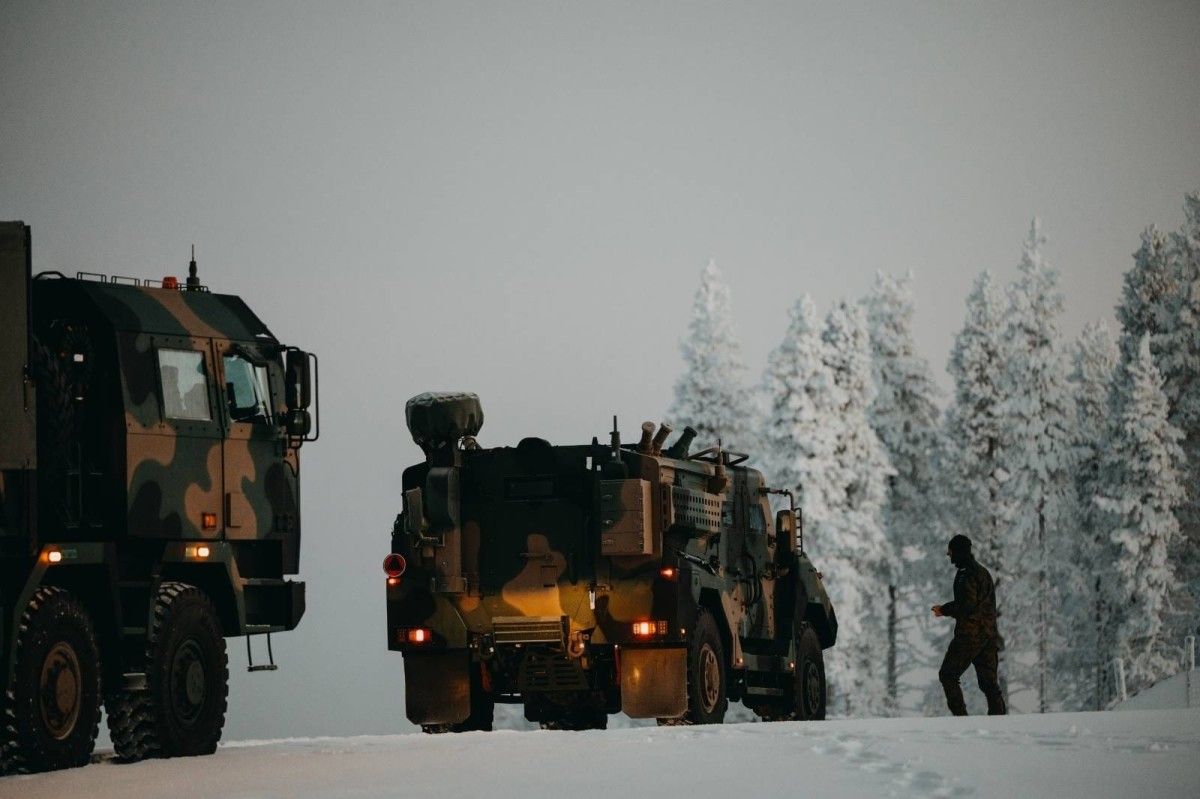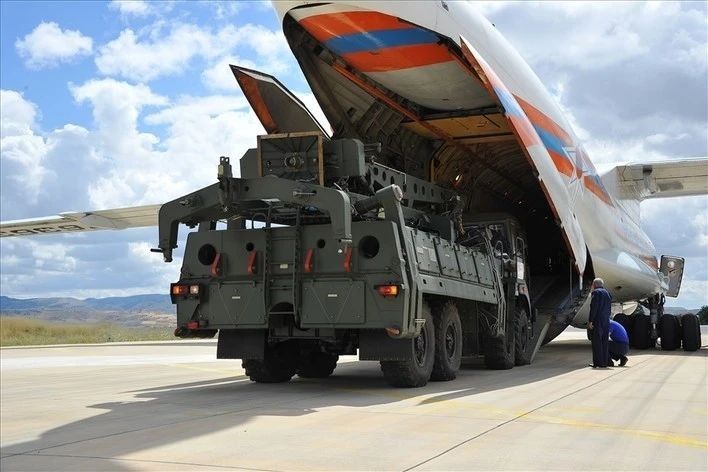It is crucial that the Academy ceases to be another military college, and becomes a center for the education of safety leaders of the 21st century – so on the draft fresh law, which assumes the conversion of the Academy of War Art into the University of National Security, says Colonel Prof. hab. inż. Leszek Elak, Vice president for Teaching and Quality Education of AszWoj.
Mr. Colonel, the bill on transformation War Art Academy The National safety University is ready. What is the intent of these changes?
Col Prof. dr hab. inż. Leszek Elak: The safety environment is changing rapidly and modern conflicts are becoming more complex and multidimensional. This requires a fresh approach to conducting war activities and building the state's resilience to military threats. The classical command model is no longer sufficient, while the function of strategical field management is growing. This all translates into an increase in requirements for the training of elder command staff of the Polish Army. A university is so needed to form the competences needed to respond effectively to modern threats. Hence the concept of establishing a National safety University as an institution integrating the training of top level commanders and staff officers with the preparation of experts in areas of broad security. We believe that the university as a strategical centre of knowledge, investigation and innovation in the area of safety will become the foundation for building a multi-domain state resilience to the full spectrum of threats.
The bill assumes, among another things, that the University will besides be an expert state base in the field of safety and defence. The explanatory memorandum even indicated that the creation of UBN was part of the National safety strategy of Poland adopted in July this year. Which points of the paper are we talking about?
One of the strategical priorities is strengthening the military's ability to deter and defend, including NATO. The University of National Security, creating a modern model of training of officers and specialists, will combine theoretical cognition with operational practice, fresh technologies and participation in interdisciplinary investigation projects. To a greater degree than before, we will participate in shaping Polish defence policy, offering strategical analyses and expertise, supporting decisions related to national safety and the improvement of armed forces.
That's not all. The strategy besides involves strengthening Poland's capacity to form NATO and EU policies, so we will besides prepare soldiers to take key positions in allied structures. In turn, the 3rd precedence of the strategy is to make a strategy of universal defence, and the position of the university will allow, among others, the improvement of investigation on safety and resilience of the state and the implementation of various educational programmes, specified as multi-domain operations, safety of critical infrastructure, cybersecurity, civilian protection and civilian protection, engineering CBRN safety (i.e. chemical, biological, radiological and atomic hazards – ed.). erstwhile conducting investigation in at least six disciplines, UBN will besides become a key partner in the arms and technology sector. He will carry out R & D projects and transfer technologies.
Wouldn't it be adequate just to grow the expression of the Academy's activities to accomplish all this?
Under the law, university position is only granted to universities that meet advanced technological criteria. This is about the legitimacy of the technological category A+, A or B+ in at least six disciplines from 3 different fields of science. That is why we are trying to gain the powers of the fresh technological field. If that happens, The conversion of the Academy to the National safety University will open up fresh opportunities for us. As is the case in allied countries, where key educational institutions have university position and are centres for preparing safety leaders. In our case, the transformation will be more effective than immediate corrective actions or partial support programmes.
What does all this mean for future university students?
First of all, a bigger offer. We plan to extend the program to fresh disciplines, including CBRN safety engineering, civilian engineering, geodesy and transport, and field medicine. They will complement existing disciplines in safety, management and quality sciences, legal sciences or history. Our ambition is to launch inter-school studies since March 2026 Civil protection and civilian protection, together with the Police Academy in Szczytno and the Fire Academy. This will make a wide scope of courses with innovative, interdisciplinary training programs. The offer will include: first and second degree studies, uniform master's degrees, doctoral school, postgraduate studies and specialist courses, including in abroad languages and carried out in cooperation with renowned defence universities of the NATO and EU countries. The Postgraduate Defence Policy Studies, preparing for general positions and the Programme will proceed to play a peculiarly crucial function MBA for Generals and civilian safety leaders. The expression of higher defence courses aimed, among others, at public administration liable for safety management has besides changed. We plan to increase the limits of participants in these trainings and to proceed mobile training teams. Training under the ‘Resistance of municipalities and villages in the event of a threat to State security’ programme is simply a novelty. We besides presume a crucial extension of the offer of studies and courses addressed to military and civilian personnel from allied countries.
Will the conversion of the Academy into the University besides let investigation to be carried out in a broader way than before?
Of course. The current position of the Academy limits its designation and participation in global investigation projects compared to akin universities in another countries. Transforming into a university will give us fresh opportunities. We will be able to participate in various projects, including NATO and the EU, combining social sciences with engineering and integrating military, civilian and method knowledge. We will besides be able to carry out more extended work on fresh defence technologies and civilian safety aspects. It will besides be easier for us to get national and abroad grants.
Does change besides mean that staff and essential infrastructure are needed?
Currently, most of the university staff are specialists, among others, from areas of military strategy, law or safety management. We are open to increased cooperation with experts in method areas specified as engineering, fresh technologies or cybersecurity. That is why we will strengthen this human resources potential. We believe that the fresh position of the university will facilitate the acquisition of outstanding scientists and practitioners, including in the field of computer science, artificial intelligence in the military, material engineering or public health. Equally crucial will be the improvement of R & D infrastructure that meets the needs of modern interdisciplinary research. We plan to grow laboratories, including cybersecurity, command simulators and modernization of existing centres. This will enable us to carry out experiments and simulations, make our own innovations and prototypes, without having to commission external actors. The intent of these objectives is to supply a circumstantial support programme for ABN financed by the State budget.
According to plans, the University of National safety is expected to start operations on January 1, 2026. How will the transformation of the Academy be in practice?
The creation of UBN will take place with the rule of continuity of teaching and staff activities, which means that the staff base will stay present students, PhD students, academic teachers, administrative staff and professional soldiers. They will all proceed to survey or work within the fresh structure, that is, the University. The bill gives us 8 years to build technological possible in fresh disciplines, staff improvement and investigation achievements. The evaluation will take place between 2033 and 2034. If we found that we did not meet the quality requirements, we would lose the right to name the university. specified requirements guarantee that transformation will not only be a change of the sign, but a real increase in the technological level and an expansion of teaching and investigation activities. We act 100% according to the slogan “Our weapons are knowledge”.
Colonel Prof. dr hab. inż. Leszek Elak is an expert working in national and global investigation bodies. Its technological activity focuses on specified areas as: tactical actions of the ground troops, defence capabilities of the Armed Forces of the Republic of Poland, organisational structures of the SZRP in terms of modern threats, operations outside the country, interaction of armed forces with elements of the non-military strategy and theoretical and applicable defence and safety issues in terms of belonging to NATO and the EU. The officer is besides a associate of the Board of Discipline for safety discipline of AszWoj and the founder of Master of Business Administration safety and Defence and the School of Defence Administration. Buzdygan's winner, the awards of the monthly magazine "Army Poland".

